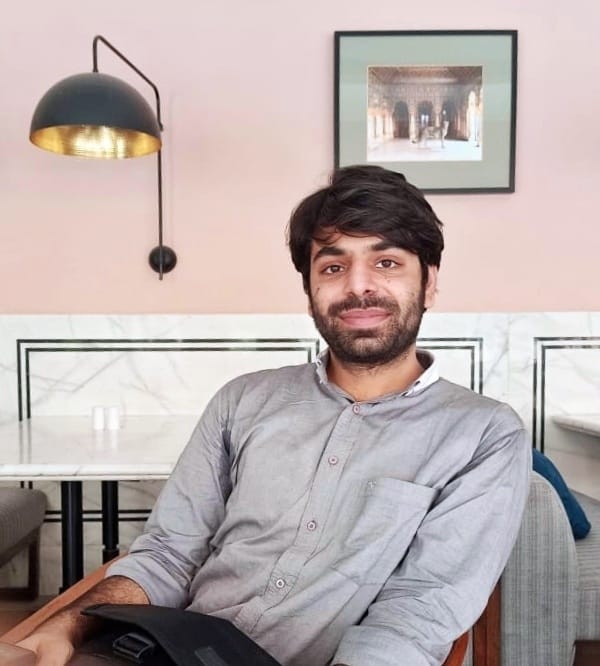Psychological Effects of Celebrations
Social rituals and celebrations are a fundamental part of human culture, and play an important function of periodically gathering individuals together. Apart from providing an opportunity for people to interact, share experiences, and create lasting memories, celebrations can have profound psychological effects on individuals and communities.
One of the most important psychological impacts of celebrations is the sense of belonging they provide. Baumeister & Leary (1995) have stated that “human beings have a pervasive drive to form and maintain at least a minimum quantity of lasting, positive, and significant interpersonal relationships”.1 Celebrations can offer a unique opportunity to connect with others, whether it is family members, friends, or members of a community, and by celebrating together, people can strengthen their bonds and deepen their sense of belonging.
Celebrations can also provide a sense of purpose and meaning as they are often tied to important events or milestones in our lives, such as religious festivals, weddings, or the birth of a child. These events can help individuals and communities to feel a sense of accomplishment and progress, which can be an important source of motivation and inspiration. Celebrations can also remind us of the values and traditions that are important to us, helping to reinforce our sense of identity and purpose. It is hypothesized that festivals can contribute to the development of identities through storytelling, explaining who we are through various events, and through the media, which retells those stories to others (Karlsen, 2007).2
Another important psychological benefit of celebrations is the opportunity to experience positive emotions. Studies have shown that participation in collective emotional gatherings reinforces positive emotions and affect (Fischer et al., 2014; Neville & Reicher, 2011; Páez et al., 2007).345 Celebrations are often associated with joy, excitement, and happiness, which can help to counteract negative emotions such as stress or anxiety. The act of celebrating itself can be a source of pleasure, providing a break from the monotony of everyday life.

Finally, celebrations can enhance self-esteem, and promote resilience and coping skills. It has been found that participation in emotional gatherings reinforces self-concept, including both self-esteem and self-efficacy (Drury & Reicher, 2005; Páez et al., 2007; Rimé, Kanyangara, Yzerbyt, & Páez, 2011).67 Celebrations can help to provide a sense of hope and optimism in difficult times, and through the act of celebrating in the face of aversities, individuals and communities can demonstrate their resilience and ability to overcome obstacles.
In conclusion, celebrations are much more than just a time to relax and have fun. They significantly influence our psychological health by fostering a sense of identity, purpose, positive emotions, and resilience. Celebrations can bring people together and forge enduring memories that can be treasured for years to come, whether they are intimate get-togethers with close friends or significant community gatherings.
Baumeister, R. F., & Leary, M. R. (1995). The need to belong: Desire for interpersonal attachment as a fundamental human motivation. Psychological Bulletin, 117 (3), 497–529.
Karlsen, S. (2007). The music festival as an arena for learning. Festspel in Pite Alvdal and matters of identity. Unpublished Ph.D. thesis, Luleå University of Technology, Luleå, Sweden
Fischer, R., Xygalatas, D., Mitkidis, P., Reddish, P., Tok, P., Konvalinka, I., & Bulbulia, J. (2014). The fire-walker’s high: Affect and physiological responses in an extreme collective ritual. PLoS ONE, 9, e88355. http://dx.doi.org/10.1371/journal.pone.0088355
Neville, F., & Reicher, S. (2011). The experience of collective participation: Shared identity, relatedness, and emotionality. Contemporary Social Science: Journal of the Academy of Social Sciences, 6, 377–396. http://dx.doi.org/10.1080/21582041.2012.627277
Páez, D., Basabe, N., Ubillos, S., & Gonzalez, J. L. (2007). Social sharing, participation in demonstration, emotional climate, and coping with collective violence after the March 11th Madrid Bombings. Journal of Social Issues, 63, 323–337. http://dx.doi.org/10.1111/j.1540-4560.2007.00511.x
Drury, J., & Reicher, S. (2005). Explaining enduring empowerment: A comparative study of collective action and psychological outcomes. European Journal of Social Psychology, 35, 35–58. http://dx.doi.org/ 10.1002/ejsp.231
Rimé, B., Kanyangara, P., Yzerbyt, V., & Páez, D. (2011). The impact of Gacaca tribunals in Rwanda: Psychosocial effects of participation in a truth and reconciliation process after a genocide. European Journal of Social Psychology, 41, 695–706. http://dx.doi.org/10.1002/ejsp.822





